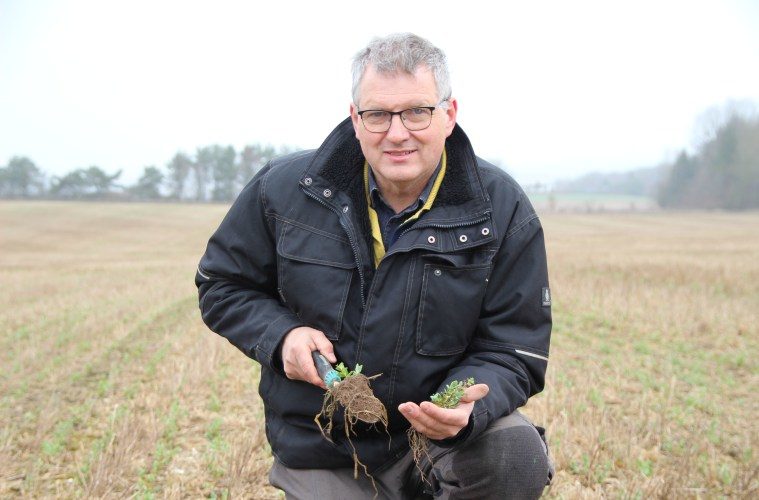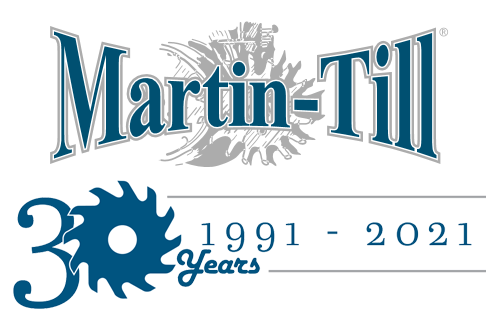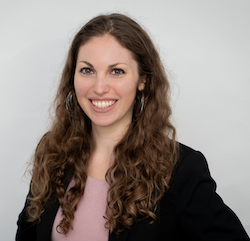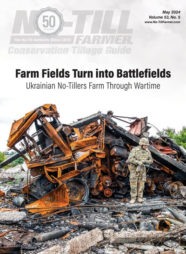Knud Bay-Smidt, a fourth-generation farmer from Denmark, pursues sustainable farming practices, despite objections and obstacles presented by government regulations.
Bay-Smidt no-tills cereals, oilseeds, legumes and some grass seed in Denmark. He started his own purely arable farm based on a no-till system in 1987 and later began selling no-till equipment to farmers around the world. He’s part of a small group of Danish farmers who are no-tilling.
“As a farmer within the European Union, I am, on one hand, blessed with a relatively stable market and infrastructure,” Bay-Smidt says in an interview with Global Farmer Network, “... but on the other hand is my feeling that the European Union is going backward now, at least related to agriculture. EU’s new Green Deal still wants us to promote old-fashioned extreme tillage as the solution to today’s hot topics.”
The European Green Deal, introduced in 2019, is a set of proposals to make climate, energy, transport and taxation policies in the European Union fit for reducing net greenhouse gas emissions by at least 55% by 2030, compared to 1990 levels. Its agricultural goals include an organic farming action plan, sustainable use of pesticides, nutrition labeling, animal welfare requirements and more. World leaders met for a 12-day summit in November 2020, discussing those goals and shared challenges like climate change, food insecurity, protecting biodiversity and providing a living income for everyone — farmers included.
Bay-Smidt says EU regulators have blocked farmers from planting genetically modified seeds that allow producers to grow more food on less land, provide more drought tolerance, meet consumer demand for gluten-free foods and more. No-till also isn’t a widely accepted method of farming, leaving farmers who’d like to pursue climate smart and sustainable agriculture practices without support and the EU stuck in the past.
“Hopefully the facts will support us, and the concept will be seen as a part of the solution to handle some of the challenges food production leaves,” Bay-Smidt says. “I still believe that there's room for farming in Denmark based on common sense.”
Related Content
European Farmers Let Nature Do Their Tillage: No-tillers in France, Italy and West Slovakia enjoy healthier soils, less erosion and reduced costs with conservation agriculture.
Information Revolution Needed to Promote No-Till Worldwide: Increasing worldwide adoption of no-till will require a shift in mindset and a localized approach.
Cover Crop Use Spreading Across the Globe: Cover crops are seeing popularity increase overseas, from Europe to Asia to Australia to New Zealand, as farmers look for many of the same benefits on their own farms.
The No-Till Passport series is brought to you by Martin Industries.
Since 1991, Martin Industries has designed, manufactured and sold leading agriculture equipment across the U.S. and Canada. Known for Martin-Till planter attachments, the company has expanded to include a five-step planting system, closing wheel systems, twisted drag chains, fertilizer openers and more in their lineup. Their durable and reliable planter attachments are making it possible for more and more farmers to plant into higher levels of residue.









Post a comment
Report Abusive Comment